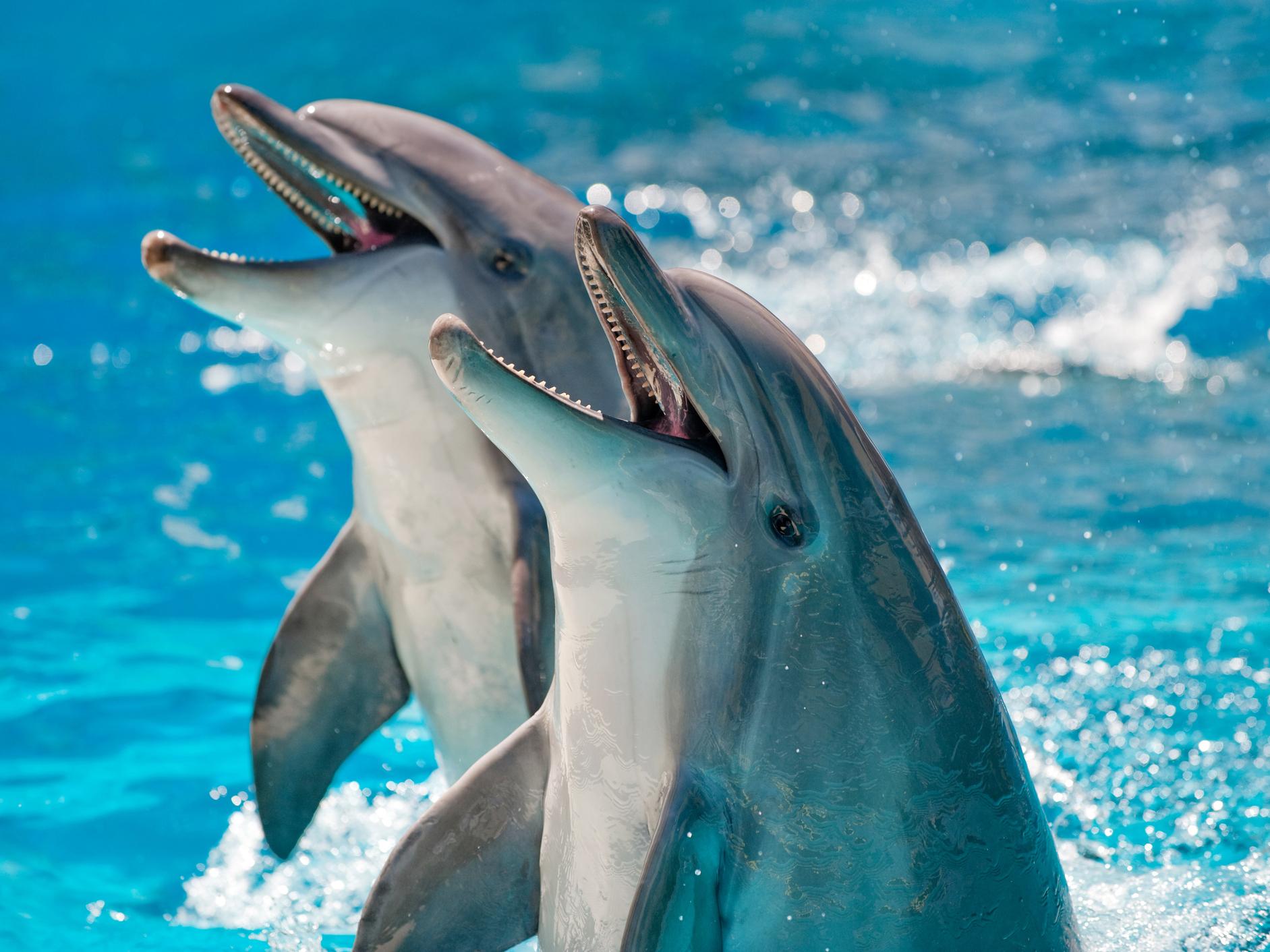Scientists attempt to measure dolphin ‘happiness’ for the first time
'Better human-animal bonds equals better welfare'

Your support helps us to tell the story
From reproductive rights to climate change to Big Tech, The Independent is on the ground when the story is developing. Whether it's investigating the financials of Elon Musk's pro-Trump PAC or producing our latest documentary, 'The A Word', which shines a light on the American women fighting for reproductive rights, we know how important it is to parse out the facts from the messaging.
At such a critical moment in US history, we need reporters on the ground. Your donation allows us to keep sending journalists to speak to both sides of the story.
The Independent is trusted by Americans across the entire political spectrum. And unlike many other quality news outlets, we choose not to lock Americans out of our reporting and analysis with paywalls. We believe quality journalism should be available to everyone, paid for by those who can afford it.
Your support makes all the difference.A team of scientists have attempted to measure “happiness” in dolphins for the first time.
Researchers in France assessed captivity from the perspective of the marine mammal and found that they were most happy when interacting with a human they had built a bond with.
The study, published in the journal Applied Animal Behaviour Science, is part of a three-year project measure the welfare of dolphins.
Lead researcher Dr Isabella Clegg designed a number of experiments that looked at the posture of dolphins to determine what they were feeling.
She tested dolphins when they were in sessions with a trainer, had toys in their pool and when they were left alone.
“We wanted to find out what activities in captivity they like most,” she told the BBC. ”We found a really interesting result – all dolphins look forward most to interacting with a familiar human.”
When the dolphins saw a trainer they were familiar with they would spend more time at the edge of the pool and peer above the surface.
“We’ve seen this same thing in other zoo animals and in farm animals,” Dr Clegg added. ”Better human-animal bonds equals better welfare.”
Join our commenting forum
Join thought-provoking conversations, follow other Independent readers and see their replies
0Comments